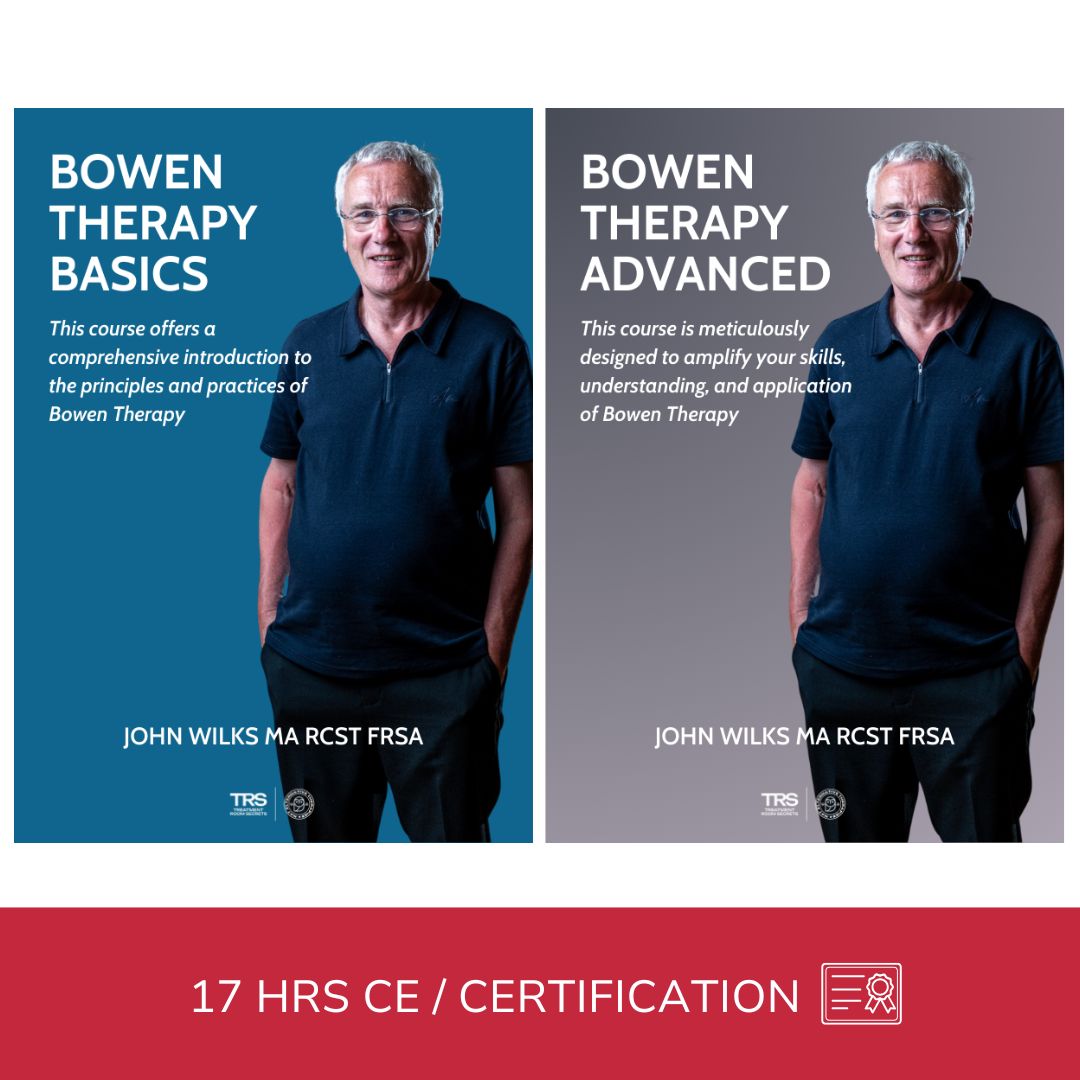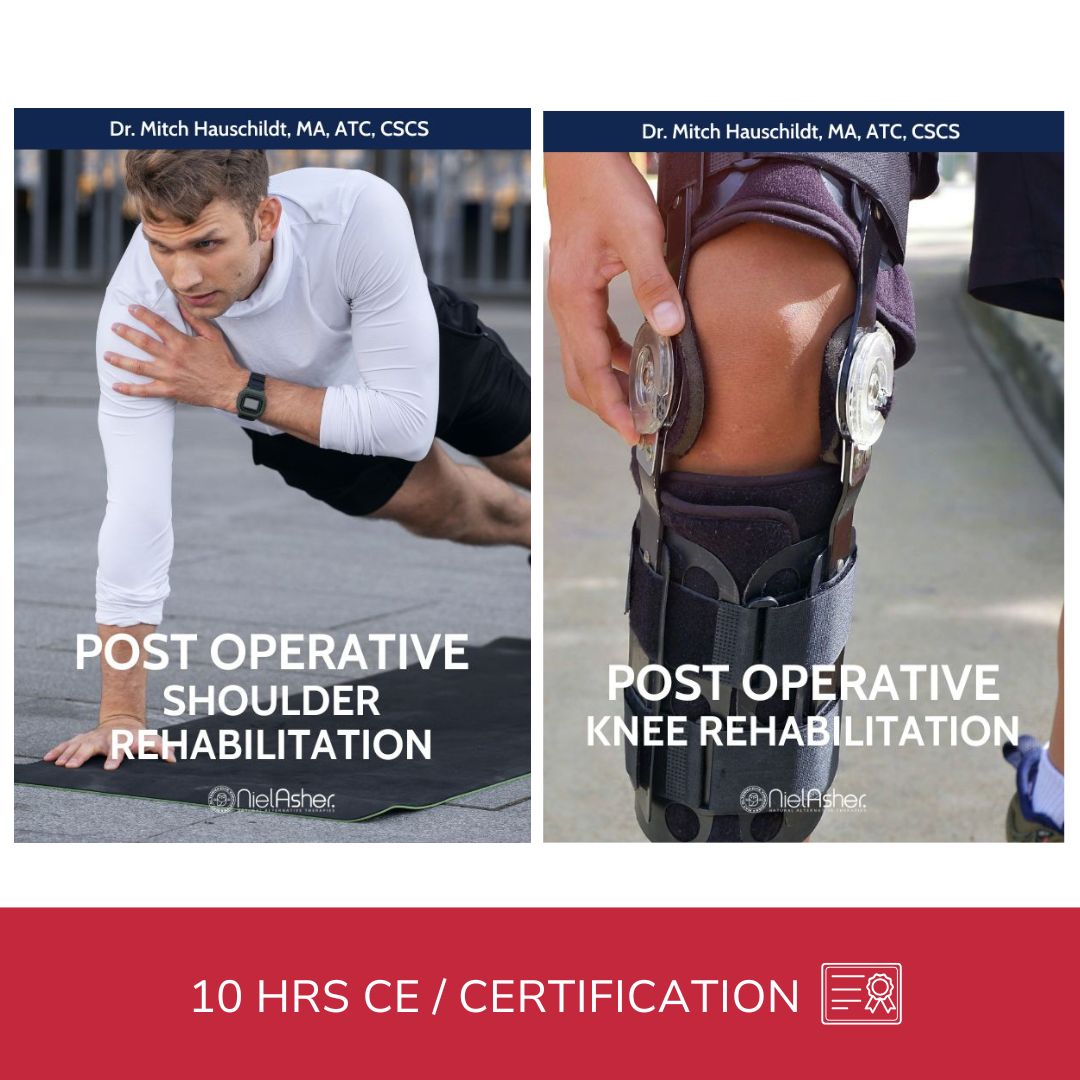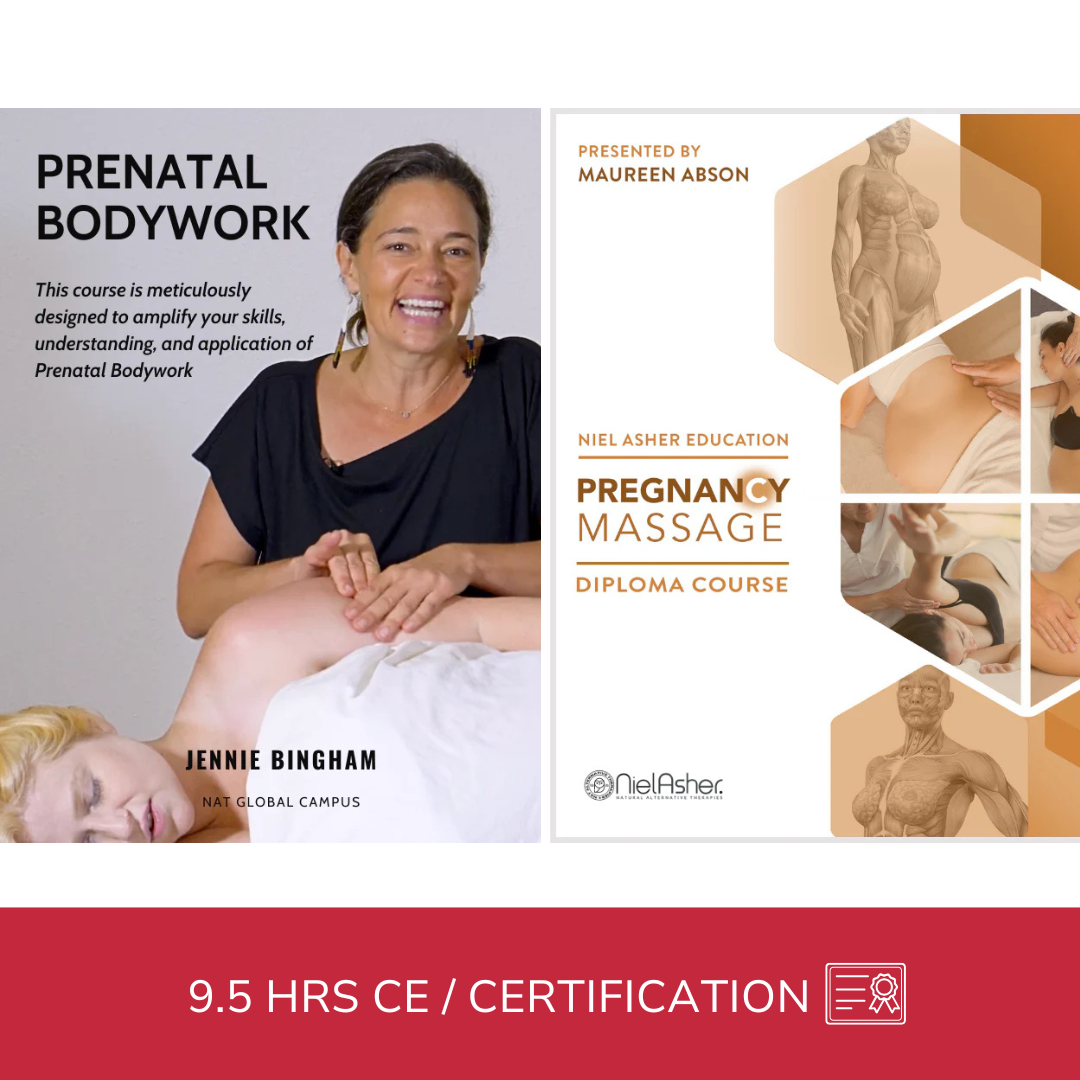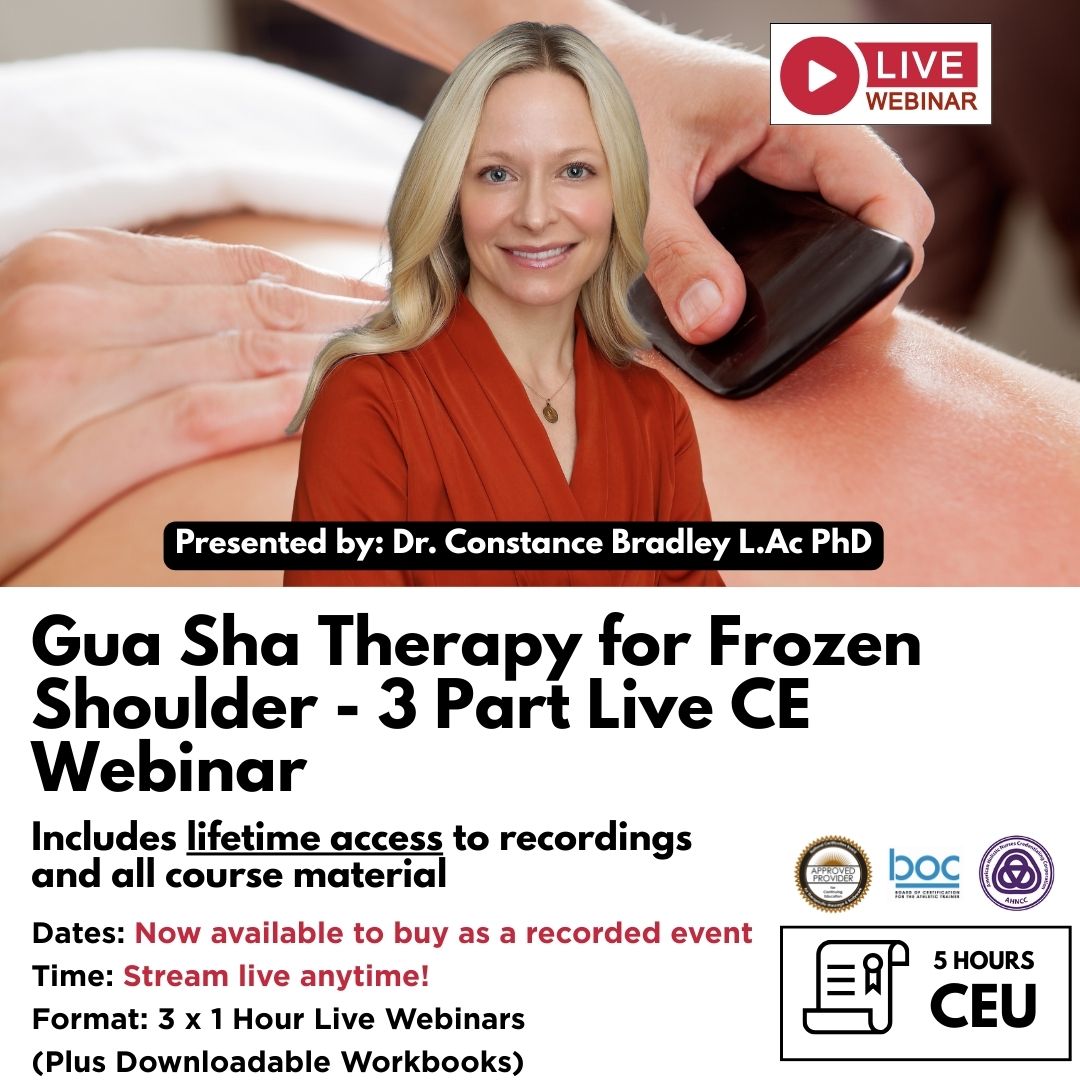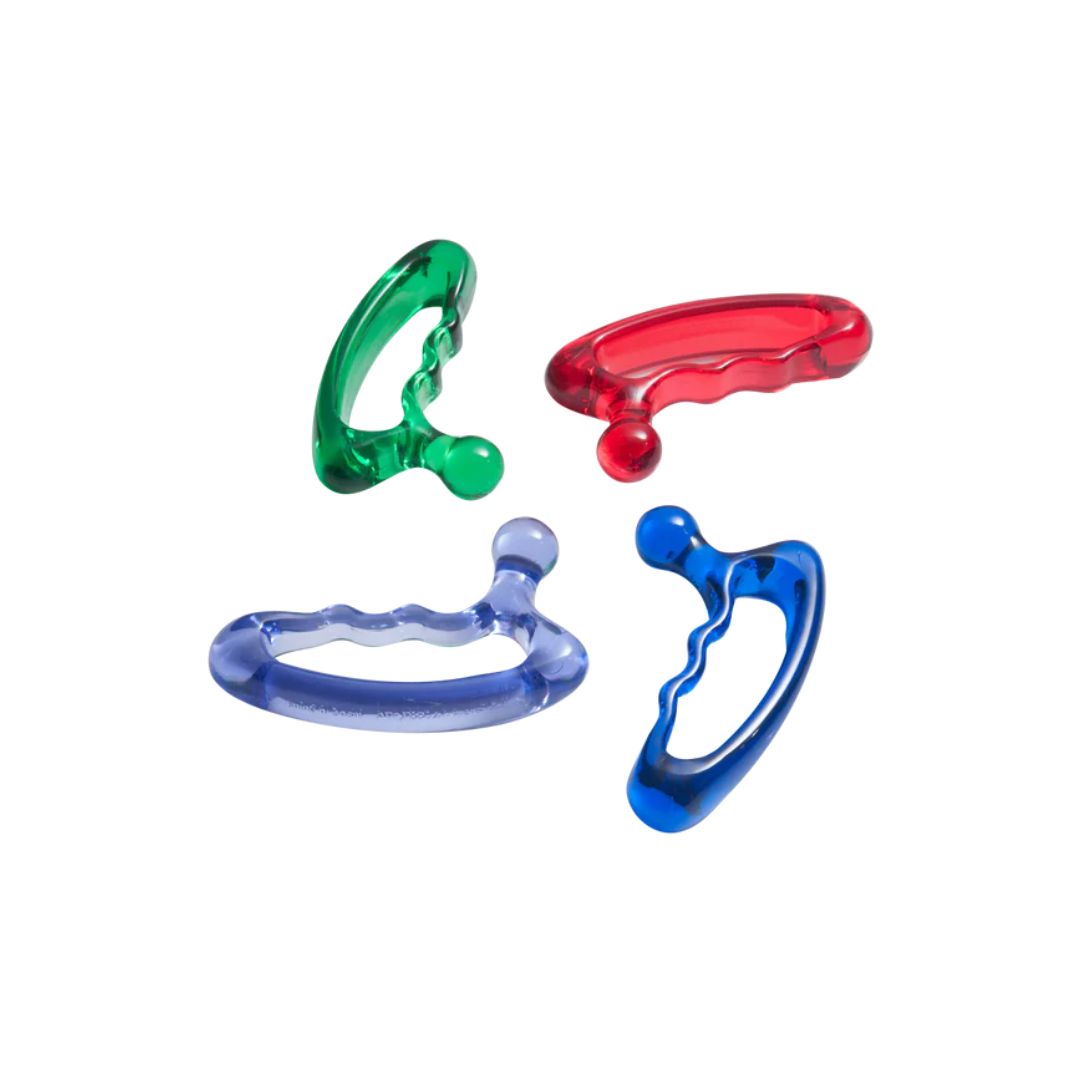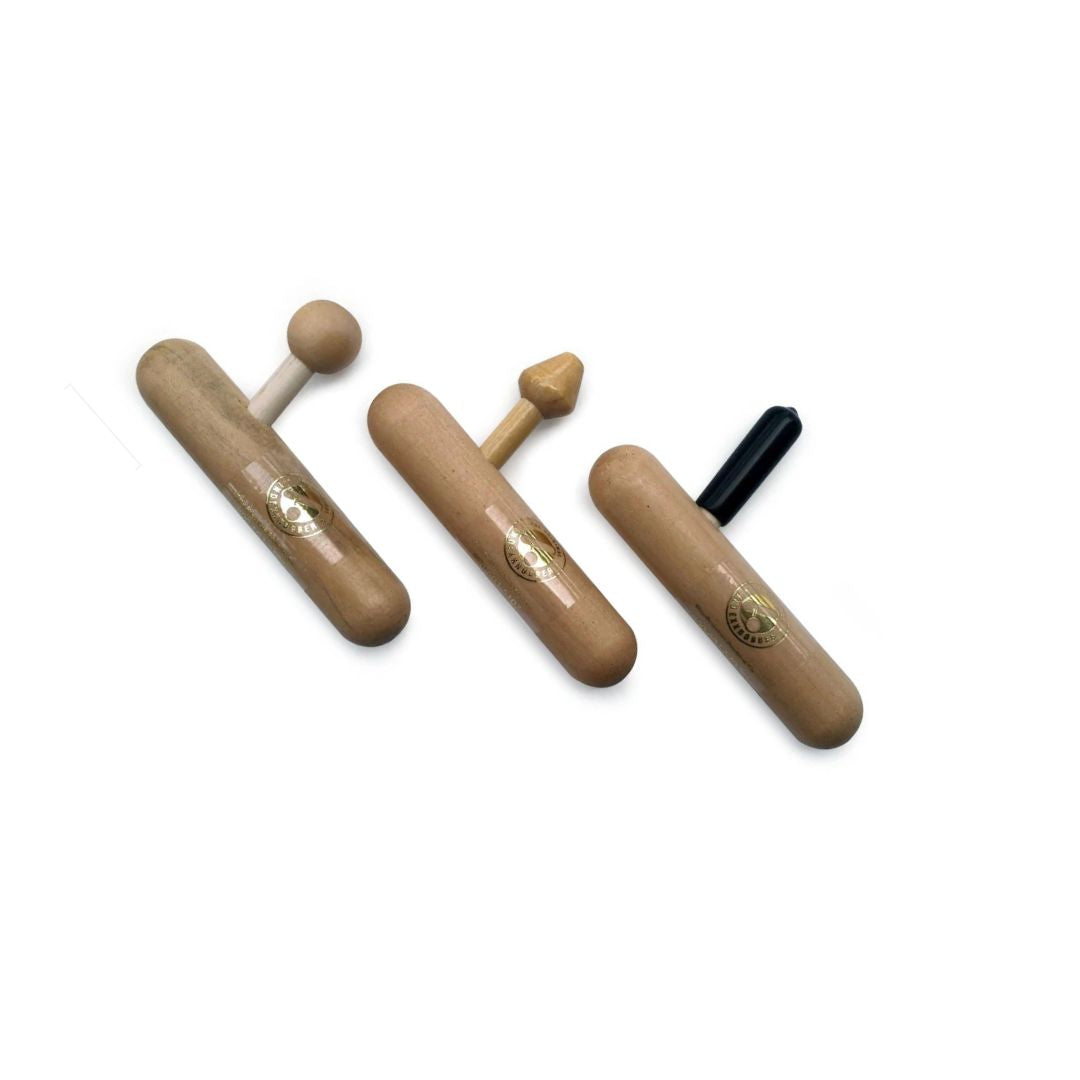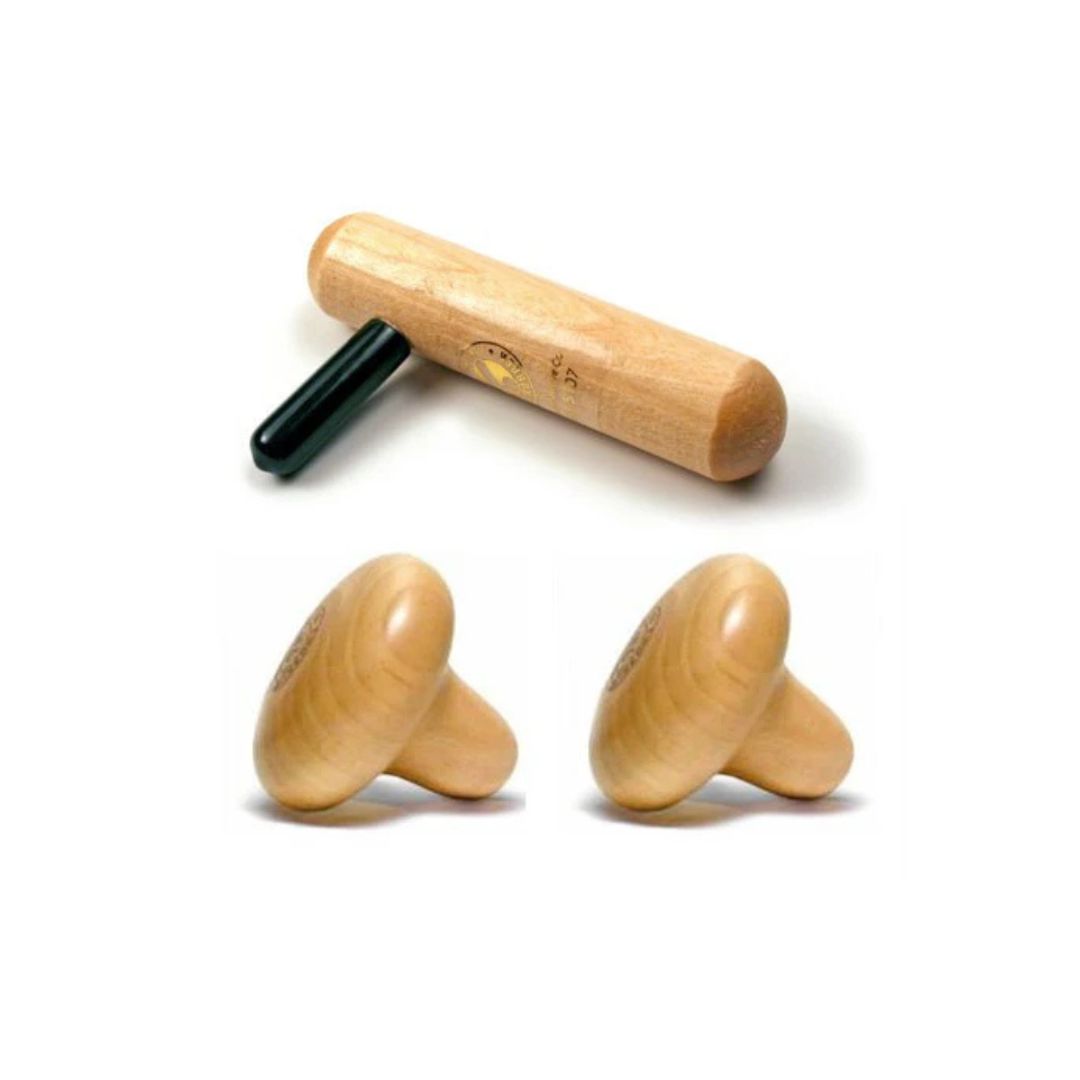Scalp Massage | Tension Headaches | Therapeutic Hair Pulling

Chronic daily tension-type headaches affect approximately 3% of the population with women being twice as likely to suffer from them as men
Tension headaches are the most common type of headache, they are experienced by most people during their lives and they are the ‘everyday’ headaches. Tension headaches used to be referred to as muscle contraction headaches or stress headaches, but generally these terms have gone out of usage.
The National Health Service in the UK estimate that about half of adults experience tension-type headaches once or twice a month, with 1 in 3 get suffering up to 15 times a month.
Up to 80 percent of the adult population in the United States suffers from occasional tension-type headaches. Chronic daily tension-type headaches affect approximately 3% of the population with women being twice as likely to suffer from them as men.
Tension headaches are known as primary headaches meaning that there is no known underlying cause. A tension headache may feel like a tight band around the head or a weight on top of the head.
The headache can be one sided but it is more usual for it to be on both sides of your head. The tension may spread down the neck and shoulders or feel like it’s coming up from the neck and shoulders, and there is often a pain or sensation of pressure behind the eyes.
A tension-type headache can last anything from 30 minutes to 7 days but most will last a few hours.
Muscle tension in the face, neck and shoulders can cause tension headaches. Spending all day squinting at a computer screen or frowning will make the muscles around the forehead tense and someone may do this for many hours at a time, this can then result in a tension headache.
Treating Tension Headaches
While tension headaches do respond well to over the counter painkillers, taking these on a regular basis can lead to medication-overuse headaches. If painkillers are taken on a daily or almost daily basis to treat a run of tension headaches,
stopping the painkillers will cause physical withdrawal symptoms, the primary symptom of which will be headaches.
These withdrawal symptoms will last on average two weeks but the longer term benefits of not using the painkillers are worth the relatively short term withdrawal. If strong painkillers have been used for a long period of term this withdrawal should be under medical supervision.
Other triggers for tension headaches:
• stress and anxiety
• squinting at papers or computer screens
• poor posture
• lack of sleep and tiredness
• not drinking enough water or fluids resulting in dehydration
• low blood sugar from missing meals
• bright sunlight
• not moving around enough allowing muscles to tighten
• changes in the weather
• having hair tied up too tight
• being exposed to too much noise or to noises at a certain
frequency or
• certain smells
Avoiding all of these triggers is very difficult for most people working and living in a public space, but knowing individual triggers can help manage headaches and deal with them more quickly when they do occur.
Exercise, relaxation and hydration are all helpful in treating tension headaches along with taking a break from the computer, ensuring that blood sugar doesn’t get too low, relaxing hair ties and wearing correct glasses but there are also some very useful massage techniques that will help to alleviate a tension headache
once it starts.
Fusion Massage for Tension Headaches
Dry Needling for Trigger Points
Certify as a Trigger Point Therapist
See All NAT Online Trigger Point Courses
NAT Education Membership Plans

NAT TRIGGER POINT THERAPY DIPLOMA COURSE
EDUCATION MEMBERSHIP PLANS
UNLIMITED ACCESS
FROM $19.95/monthly
This trigger point therapy blog is intended to be used for information purposes only and is not intended to be used for medical diagnosis or treatment or to substitute for a medical diagnosis and/or treatment rendered or prescribed by a physician or competent healthcare professional. This information is designed as educational material, but should not be taken as a recommendation for treatment of any particular person or patient. Always consult your physician if you think you need treatment or if you feel unwell.
About Niel Asher Education
Niel Asher Education (NAT Global Campus) is a globally recognised provider of high-quality professional learning for hands-on health and movement practitioners. Through an extensive catalogue of expert-led online courses, NAT delivers continuing education for massage therapists, supporting both newly qualified and highly experienced professionals with practical, clinically relevant training designed for real-world practice.
Beyond massage therapy, Niel Asher Education offers comprehensive continuing education for physical therapists, continuing education for athletic trainers, continuing education for chiropractors, and continuing education for rehabilitation professionals working across a wide range of clinical, sports, and wellness environments. Courses span manual therapy, movement, rehabilitation, pain management, integrative therapies, and practitioner self-care, with content presented by respected educators and clinicians from around the world.
Known for its high production values and practitioner-focused approach, Niel Asher Education emphasises clarity, practical application, and professional integrity. Its online learning model allows practitioners to study at their own pace while earning recognised certificates and maintaining ongoing professional development requirements, making continuing education accessible regardless of location or schedule.
Through partnerships with leading educational platforms and organisations worldwide, Niel Asher Education continues to expand access to trusted, high-quality continuing education for massage therapists, continuing education for physical therapists, continuing education for athletic trainers, continuing education for chiropractors, and continuing education for rehabilitation professionals, supporting lifelong learning and professional excellence across the global therapy community.
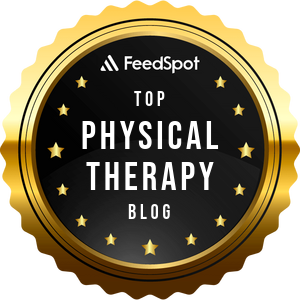
Continuing Professional Education
Looking for Massage Therapy CEUs, PT and ATC continuing education, chiropractic CE, or advanced manual therapy training? Explore our evidence-based online courses designed for hands-on professionals.



